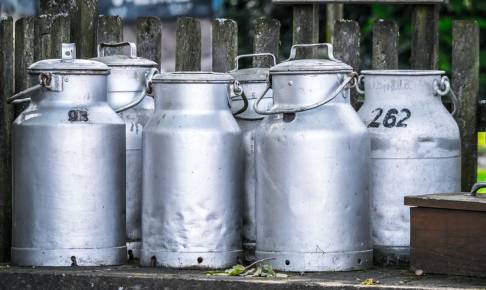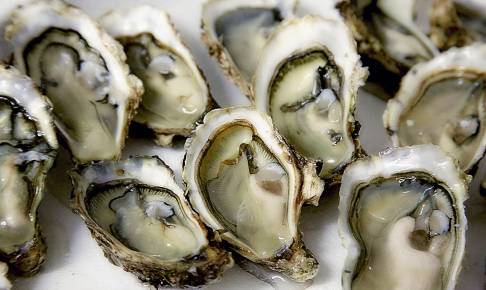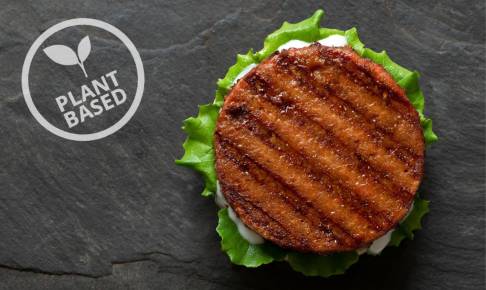Organic food production safety: is organic food safer?
Introduction
Consumer cotestncern over the quality and safety of conventional food is one of the drivers of the increasing demand for organically grown food (Williams and Hammitt 2001; Magkos et al. 2006), which is perceived as healthier, safer, tastier, and more environmentally friendly (Sobieralski et al. 2013; Hurtado-Barroso et al. 2019).
This is where the confusion starts: organic production guidelines refer to specific agricultural practices, but not to the safety of the finished product per se. The (numerous) different organic certification schemes refer to certain standards throughout the production, handling, processing, and marketing stages, and do not cover the characteristics of the finished food products.
In the recent E. coli STEC outbreaks in the United States, cow manure was identified as a potential source of entry of the pathogen into the food production chain. Organic farming practices that include the use of animal manure may therefore increase the risk of microbiological contamination. The FAO recently published a report, part of an educational series for the Asia Pacific region, to address this topic.
Organic food production: what it is and what it isn’t
The concept of “organic” has hybrid international roots, no standardisation in place, and can refer, depending on the location, to different production processes. Most notably, due to the worldwide difficulty accessing processing aids such as fertilizers and pesticides, rural farming, which represents the vast majority of global food production, could be considered organic by default. The key principle is that healthy ecological systems promote sustainable agriculture. This remains the key driver of differentiation, rejecting “conventional”, extensive, highly productive agriculture and the use of chemical agents (e.g. fertilizers and pesticides).
Conventional and organic food producers, however, need to follow the same food safety standards. Organic food production has little, if nothing, to do with food safety, but, rather, is dictated by the consideration of social and environmental aspects of food systems. The safety of organic food production should neither be extrapolated nor considered achieved based on the perceived benefits of this food production system.
Organic food production has little, if nothing, to do with food safety...As detailed in a recently published FAO Report on the safety of organic food production (FAO 2021), there are two major perceived benefits that are, in fact, not substantiated:
- "Organic farms do not use pesticides." In place of synthetic inputs, organic agriculture relies on crop rotations, composting, and biological pest control to maintain soil productivity, to supply plant nutrients, and to control insects, weeds, and other pests. In organic animal husbandry, animals are fed organic feed and raised with no or few antibiotics, growth hormones, or other chemicals.
- “The organic label is a guarantee of food safety.” Organic refers only to a product that has been produced in accordance with certain standards throughout the pr
Download content now





















